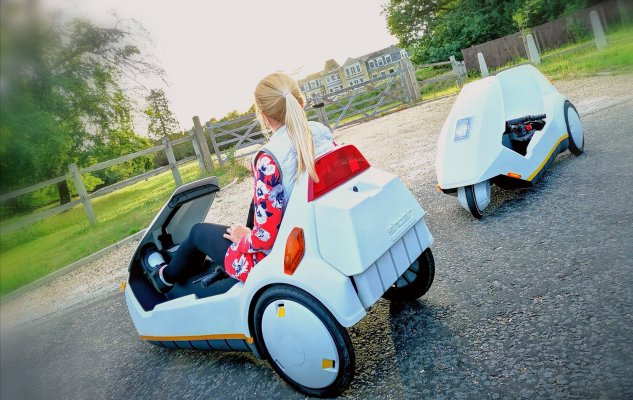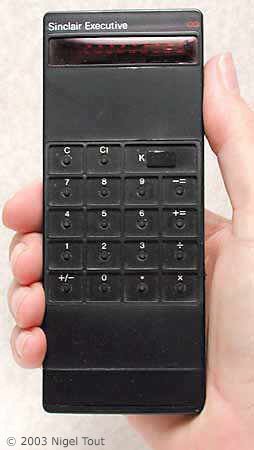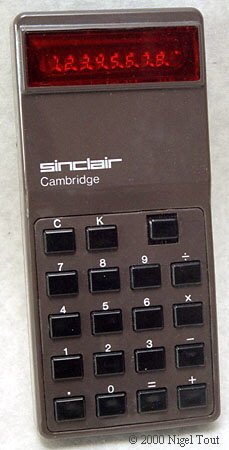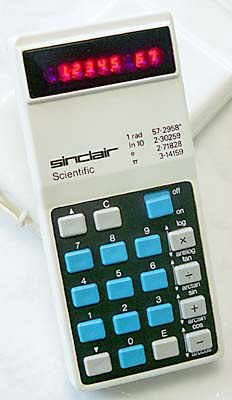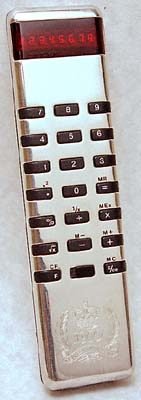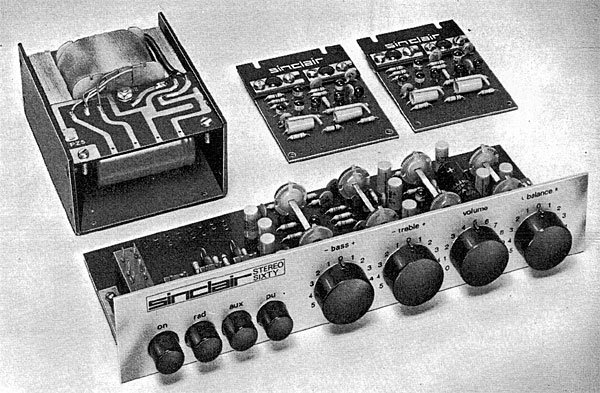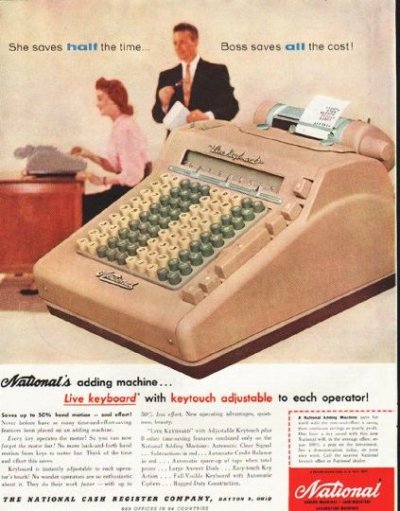- Joined
- Jun 24, 2008
- Messages
- 45,533
- Location
- London
- Car
- 2022 Hyundai IONIQ 5 RWD / 2016 Suzuki Vitara AWD
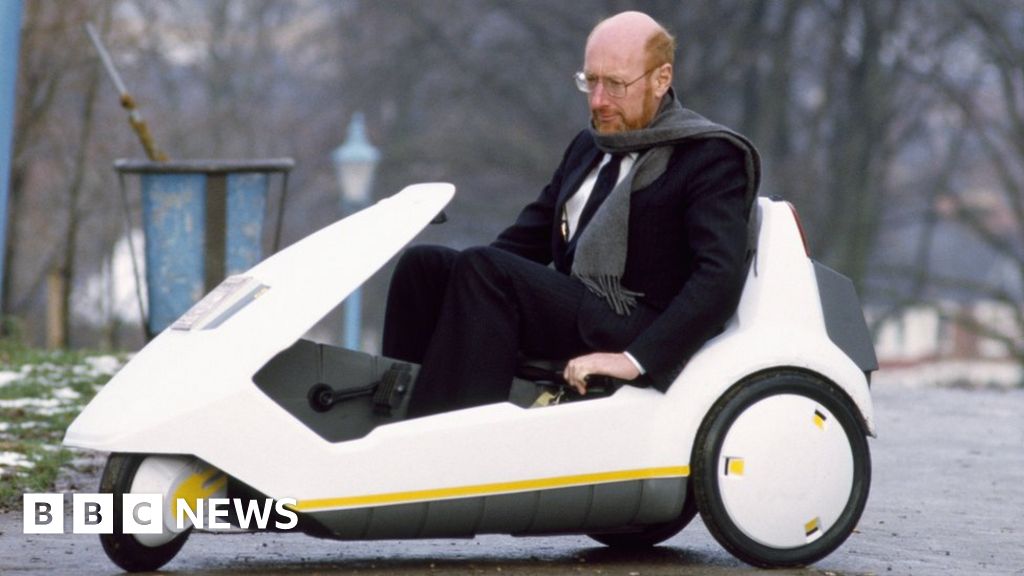
Sir Clive Sinclair: Computing pioneer dies aged 81
The inventor, entrepreneur and ZX Spectrum creator died at his London home following a long illness.
www.bbc.com

